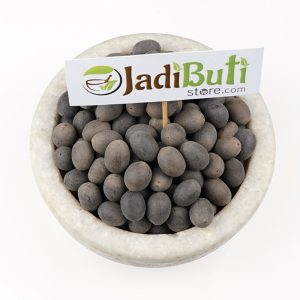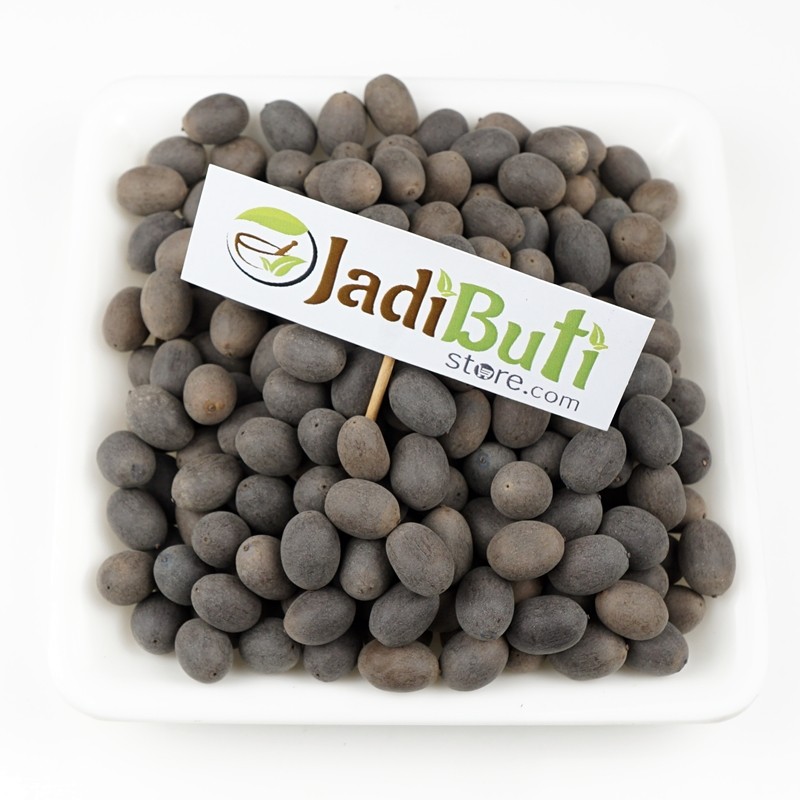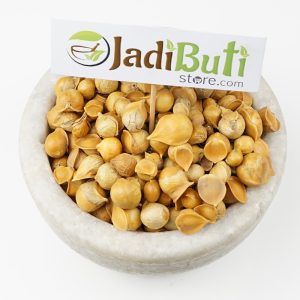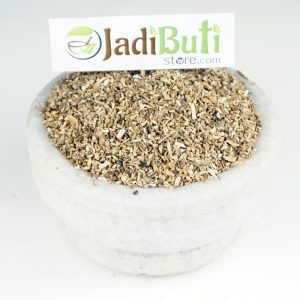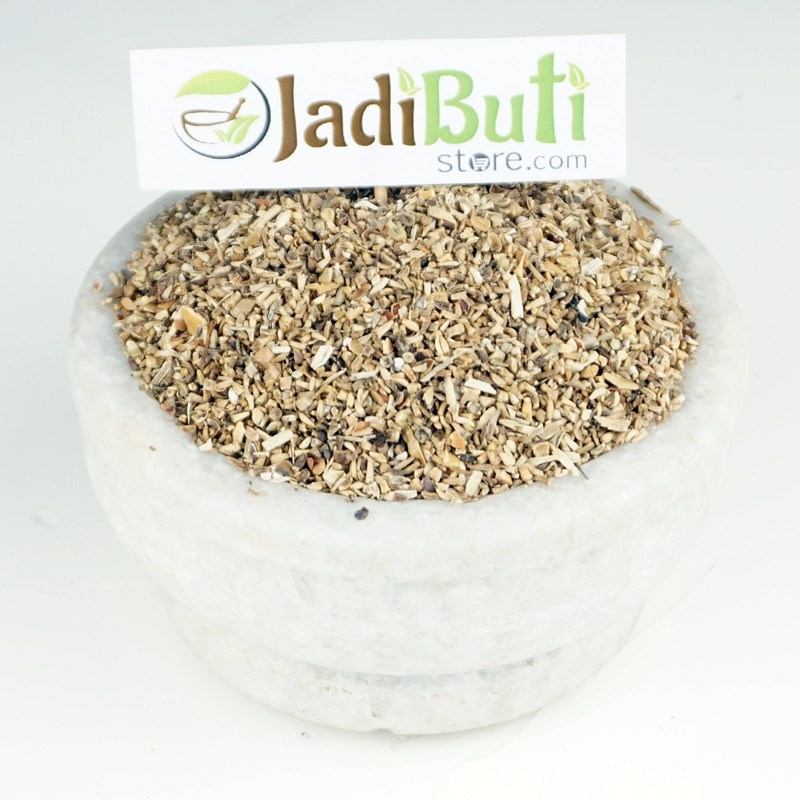Shop
Showing 109–120 of 229 results
-
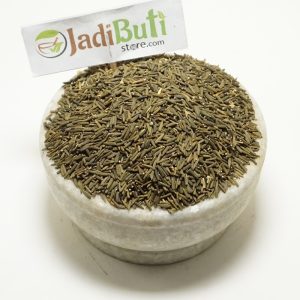
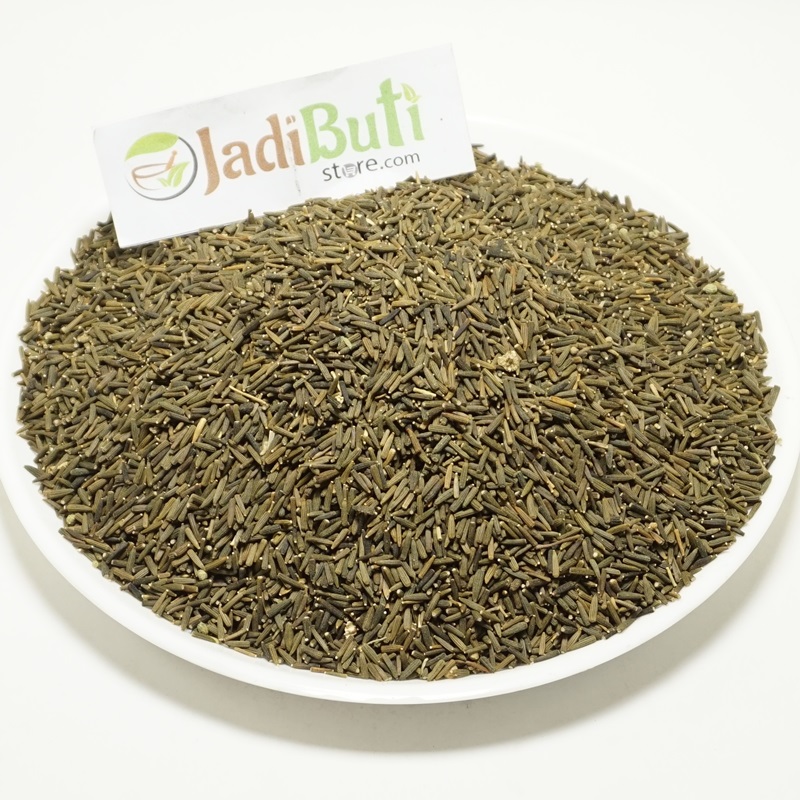
KaliJiri – कालीजीरी – Black caraway seed – Centratherum Anthelminticum
₹160.00 – ₹1,250.00Quick ViewKaliJiri – कालीजीरी – Black caraway seed – Centratherum Anthelminticum.
- Digestive support: Bitter cumin seeds are believed to have digestive-stimulating properties, which can help to improve digestion, reduce bloating, and relieve constipation.
- Anti-inflammatory effects: Bitter cumin seeds are believed to have anti-inflammatory effects, which can help to reduce swelling, pain, and redness associated with various inflammatory conditions.
- Antioxidant activity: Bitter cumin seeds are believed to have antioxidant activity, which can help to protect cells from damage caused by free radicals.
- Supports respiratory health: Bitter cumin seeds are also believed to have expectorant properties, which can help to clear mucus from the lungs and support respiratory health.
- Supports immune system: Bitter cumin seeds are believed to have immune-boosting properties, which can help to support overall immune function.
KaliJiri in Enlgish name – Black caraway seed
KaliJiri in Hindi name – KaliJiri
KaliJiri in Latin name – Centratherum Anthelminticum
KaliJiri in Sanskrit Name – Aranyajirak, Katujirak, Brhaspati
KaliJiri in Marathi Name – Kdukaraile, Kdujirae
KaliJiri in Gujrati Name – Kadbunjiru, Kalijiri
KaliJiri in Bengali Name – Banjira
KaliJiri in Latin Name – Vernonia anthelmictica
-
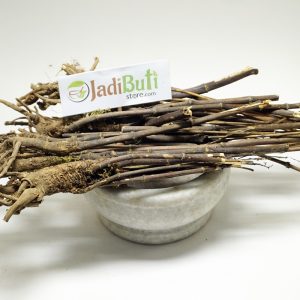
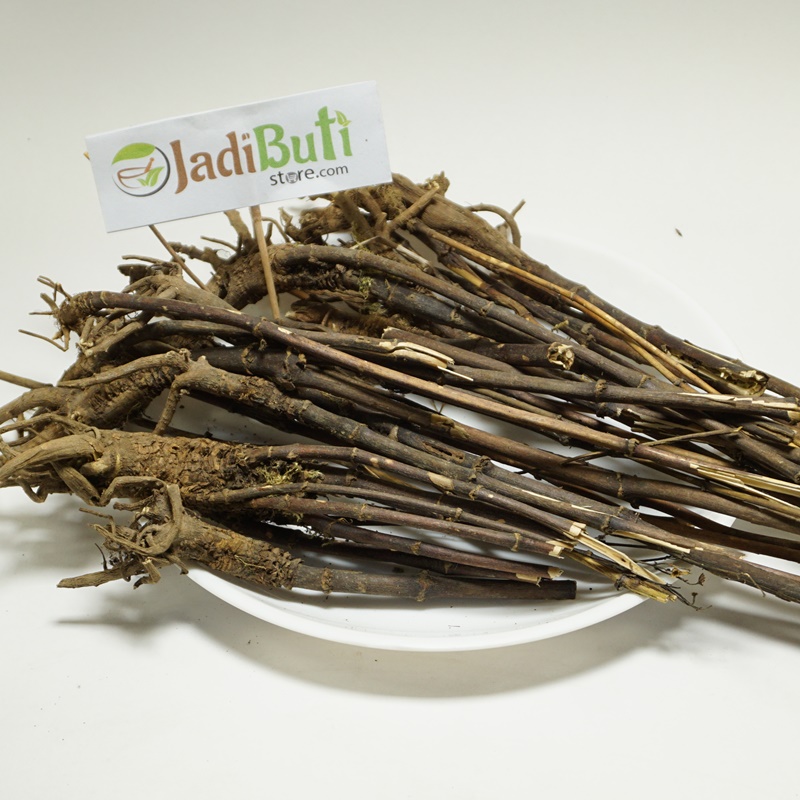
Kalmegh – कालमेघ – Chirayta Nepali – Swertia chirata Buch
₹300.00 – ₹2,160.00Quick ViewKalmegh – कालमेघ – Chirayta Nepali – Swertia chirata Buch.
Name in different languages:
English The Cret. Hindi Kalmegh Latin Swertia chirata Buch Gujarati Lilu, rent Bungalow Kammegh, Mahatita, Aluai Sanskrit Yavatakta, Kirta Tikta, Kalamegh Flag Hail rent, hire Quality :
Kalmegh is small, sharp and sharp in size. Its fruits are bitter, nutritious and warm semen.
Kalmegh is the removing cough, stimulating the mind and brain , and enhancing digestive power. It removes the udder and stimulates the liver (liver) . By using it the bile remains normal and the blood remains clean. This diarrhea removes disease , destroys stomach worms , removes swelling and cleanses sweat.
Kalmegh is used to fix white stains (leprosy) , fever and old fever etc. Due to the disease,it is used to remove the weakness in the child. Itcleans the blood and cures syphilis. It is used by mixing with blood cleansing substances, which makes it clean by reacting rightly in the blood. The effect of Kalmegh in fever is like quinine, but the effect of Kalmegh is slightly less than that.
-
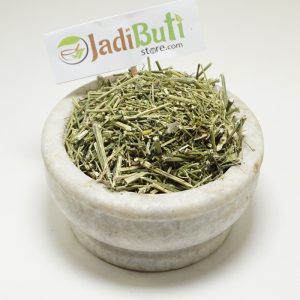
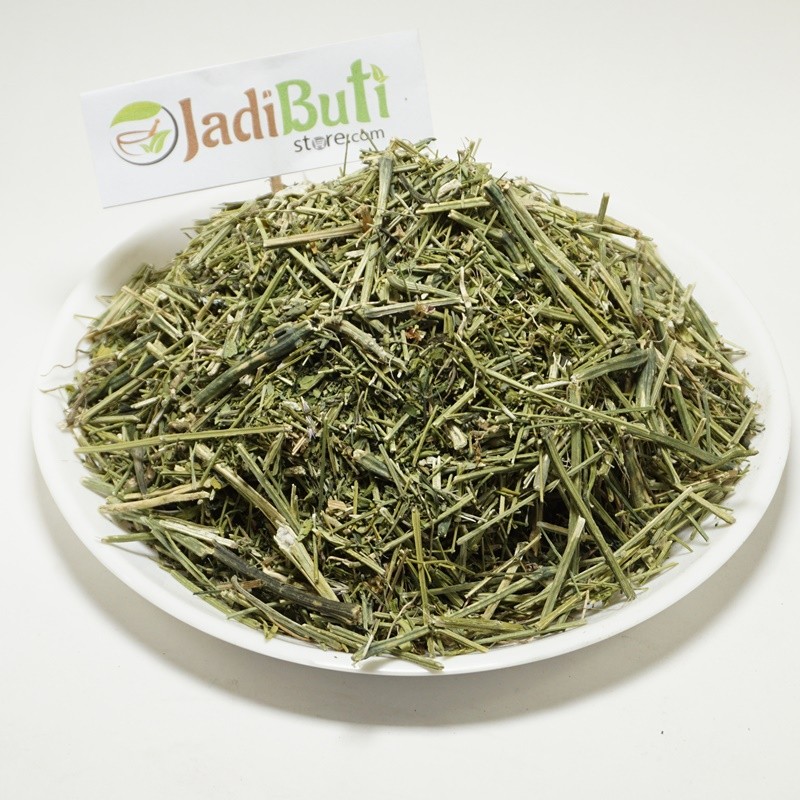
Kalmegh(Bhunimbh) Chirayta – कालमेघ चिरायता – Swertia chirata Buch
Quick ViewKalmegh(Bhunimbh) Chirayta – कालमेघ चिरायता – Swertia chirata Buch.
Kalmegh Name in different languages:
English The Cret. Hindi Kalmegh Latin Swertia chirata Buch Gujarati Lilu, rent Bungalow Kammegh, Mahatita, Aluai Sanskrit Yavatakta, Kirta Tikta, Kalamegh Flag Hail rent, hire -
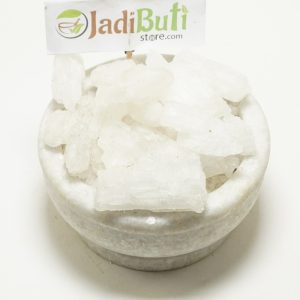
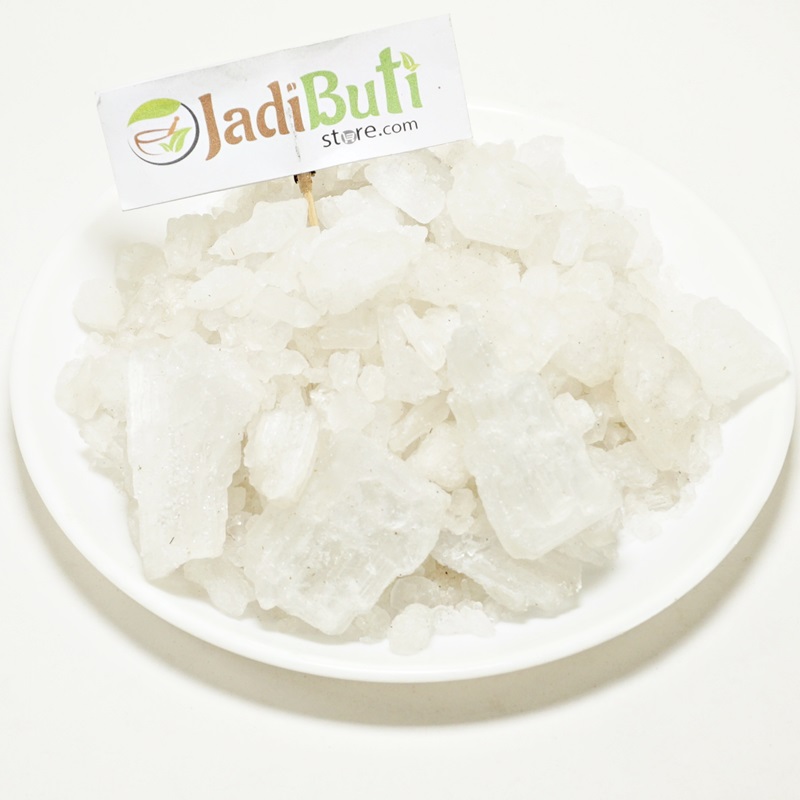
Kalmi (Qalmi) Shora – कलमी शोरा – Potassium Nitrate
₹140.00 – ₹1,075.00Quick ViewKalmi Shora for Ayurveda and Unani preparations in pure natural form.
In traditional Ayurvedic medicine, saltpeter (potassium nitrate) is used as a therapeutic agent for a variety of health conditions. Some of the uses of saltpeter in Ayurveda include:
- Toothache: Saltpeter is commonly used as a remedy for toothache and gum pain. It is believed to help relieve pain and reduce inflammation.
- Heart Health: Saltpeter is used in Ayurveda to improve heart health and regulate blood pressure. It is believed to help reduce stress and anxiety, which can have a positive impact on heart health.
- Digestive Issues: Saltpeter is used to improve digestive health and alleviate various digestive problems, such as bloating, gas, and constipation.
- Respiratory Issues: Saltpeter is used to treat respiratory issues, such as coughs, colds, and bronchitis. It is believed to help clear mucus from the respiratory tract and improve breathing.
- Wound Healing: Saltpeter is used to promote wound healing and reduce inflammation. It is believed to help reduce pain and prevent infections.
-
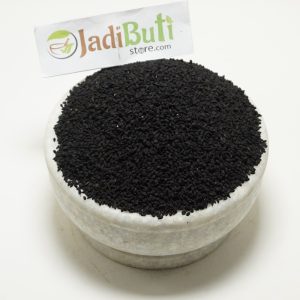
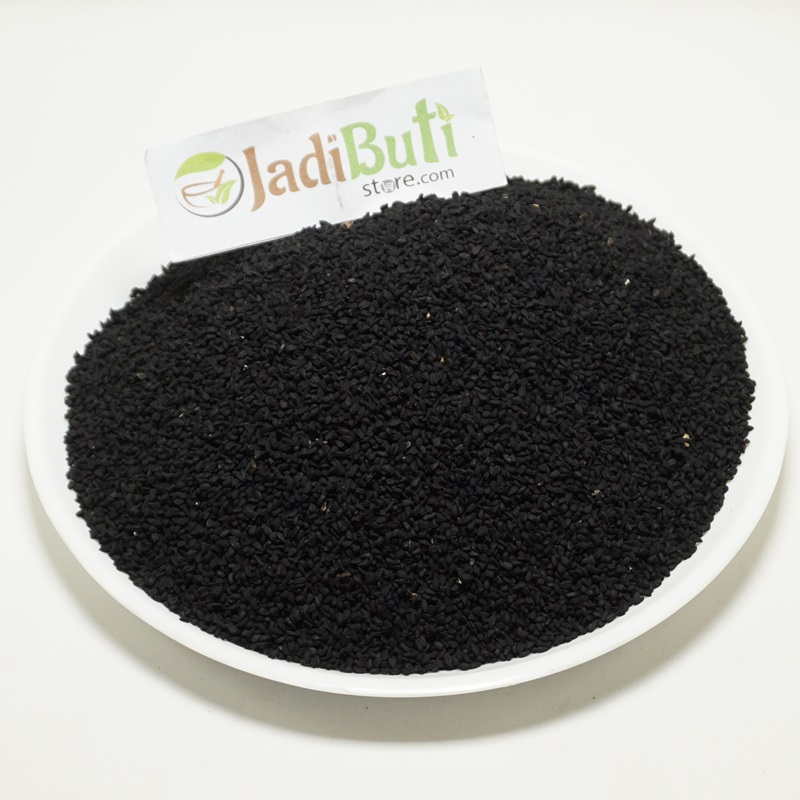
Kalonji (Organic) – कलोंजी – Black Cumin – Nigella sativa
₹120.00 – ₹920.00Quick View- Black cumin is a spice that has been used in Ayurvedic medicine for centuries.
- It has anti-inflammatory, anti-microbial, and immune-boosting properties.
- Black cumin can promote respiratory and digestive health, boost immunity, and support skin health.
- It may aid in weight loss, regulate the menstrual cycle, and relieve pain.
- Black cumin has been shown to have anti-cancer properties, promote cardiovascular and brain health, and support liver health.
- It can be used as a spice, oil, or supplement, and is a rich source of antioxidants and essential nutrients.
- However, it is important to consult a qualified Ayurvedic practitioner before using black cumin or any other herbal remedy for medicinal purposes.
-
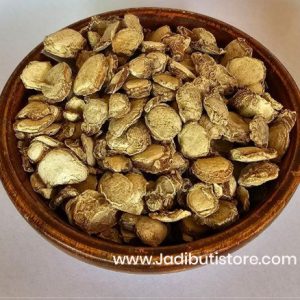

Kapoor Kachri (कपूर कचरी)
₹140.00 – ₹1,150.00Quick ViewKapoor Kachri (कपूर कचरी)
Scientific Name- Hedychium spicatum
.Ayurvedic classification of Kapoor Kachri (Hedychium spicatum) presented:
- Rasa (taste): Bitter, pungent
- Guna (qualities): Light, dry
- Virya (potency): Heating
- Vipaka (post-digestive effect): Pungent
- Dosha effect: Balances Kapha and Vata doshas, may aggravate Pitta dosha in excess
- Karma (actions): Digestive stimulant, carminative, expectorant, anti-inflammatory, analgesic
- Dhatu (tissue) affinity: Works primarily on the digestive, respiratory, and reproductive tissues
- Srotas (channel) affinity: Works primarily on the digestive, respiratory, and reproductive channels
- Prabhava (special effect): Enhances digestion, promotes respiratory health, and supports reproductive system function
-
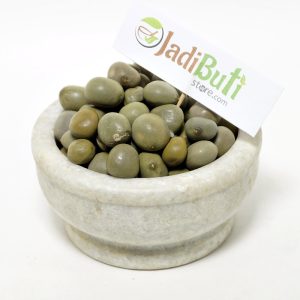
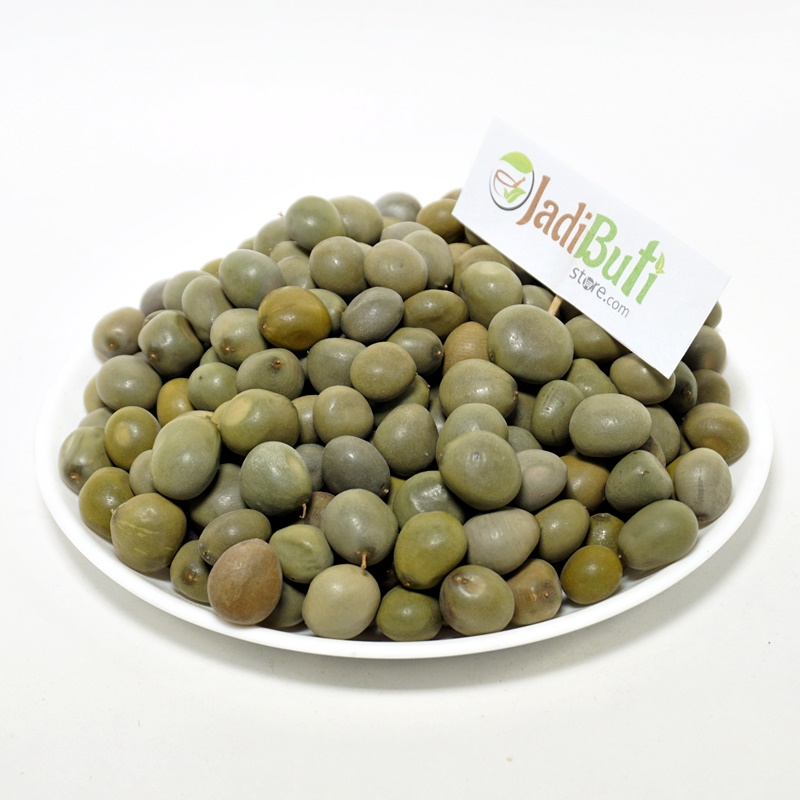
Karanj – करंज – Indian Beech – Pongamia glabra
₹130.00 – ₹1,020.00Quick ViewKaranj | Indian Beech
Scientific Name : Pongamia pinnata or Millettia pinnata
Ayurvedic classification of Karanj (Pongamia pinnata):
Ayurvedic Classification Description Rasa (taste) Bitter and astringent Guna (qualities) Light, dry, sharp Virya (potency) Cooling Vipaka (post-digestive effect) Pungent Dosha effect Balances Pitta and Kapha doshas Karma (actions) Antiseptic, anti-inflammatory, astringent, analgesic, purgative, and diuretic Dhatu (tissue) affinity Works primarily on the blood, muscle, and fat tissues Srotas (channel) affinity Works primarily on the circulatory, urinary, and digestive channels Prabhava (special effect) Helps to heal wounds and skin conditions Active Compound Benefits Pongamol Antioxidant, anti-inflammatory, and anti-cancer properties Karanjin Antimicrobial, anti-inflammatory, and insecticidal properties Glabrin Antioxidant and anti-inflammatory properties Flavonoids Antioxidant, anti-inflammatory, and immune-boosting properties Triterpenoids Anti-inflammatory, antiviral, and immune-boosting properties Fatty acids Antioxidant and anti-inflammatory properties -
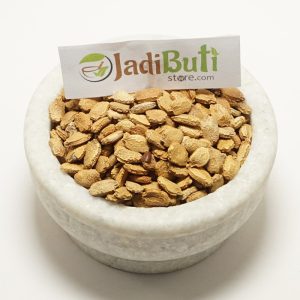

Karela Seeds – करेला बीज – Bitter Gourd – Momordica Charantia
₹90.00 – ₹690.00Quick View- Karela beej is considered to have a bitter taste (rasa) and a cooling energy (virya) in Ayurveda.
- It is traditionally used as a natural remedy to help control blood sugar levels, particularly in people with diabetes. The seeds contain compounds that can help to increase insulin sensitivity and reduce insulin resistance.
- Karela beej is also used to support digestive health and alleviate various digestive disorders, including constipation, indigestion, and stomach pain.
- It is believed to have immunomodulatory properties, meaning it can help to regulate and balance the immune system.
- Karela beej is traditionally used to support liver health and protect the liver against damage.
- It has also been used in Ayurveda to promote skin health and reduce skin inflammation and infections.
- Karela beej is often prescribed in Ayurvedic formulations to help manage obesity and promote weight loss.
Overall, karela beej is a versatile and beneficial herb that has been used for centuries in Ayurvedic medicine. It is known for its ability to support blood sugar control, digestive health, immune system function, and liver health. However, it is important to consult a qualified Ayurvedic practitioner before using karela beej or any other herbal remedy for medicinal purposes.
-

 SOLD OUT
SOLD OUTKaunch Kale – कौंच काले – Cowhage – Mucuna Pruriens Black
₹130.00 – ₹1,095.00Quick ViewKale Kauch Beej (Mucuna Pruriens) is classified as follows:
Ayurvedic Property Classification Rasa (taste) Madhura (sweet), Tikta (bitter) Guna (qualities) Guru (heavy), Snigdha (unctuous or oily) Veerya (potency) Ushna (hot) Vipaka (post-digestive effect) Madhura (sweet) Dosha Balances Vata and Pitta doshas, may increase Kapha dosha in excess Prabhava (special action) Nervous system and reproductive system support Active Compound Function L-Dopa Precursor to dopamine, helps regulate mood, movement, and motivation Serotonin Regulates mood, appetite, sleep, and digestive function Adrenaline and noradrenaline Regulate the body’s stress response Acetylcholine Regulates memory and learning Antioxidants (flavonoids and phenols) Protect cells from oxidative damage, may have anti-aging effects

